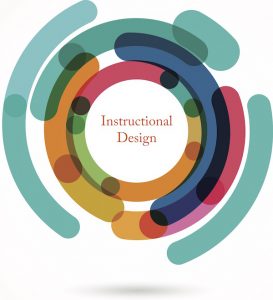

An instructional design model provides guidelines to organize appropriate pedagogical scenarios to achieve instructional goals. Instructional design can be defined as the practice of creating instructional experiences to help facilitate learning most effectively. Driscoll & Carliner (2005) states that “ design is more than a process; that process, and resulting product, represent a framework of thinking” (p. 9). Instructional design models describe how to conduct the various steps. These steps involve instructional design process. The models help trainers and educators to guide and plan the overall process. Branch & Kopcha say that “instructional design is intended to be an iterative process of planning outcomes, selecting effective strategies for teaching and learning, choosing relevant technologies, identifying educational media and measuring performance” (p. 77). There are numerous instructional design models. These are commonly accepted design models:
According to Branch and Merrill (2002), there are several characteristics that should be present in all instructional design models:
References:
Gustafson, K. L., & Branch, R. M. (2002). What is instructional design? Trends and issues in instructional design and technology, 16-25.
Branch, R. M., & Kopcha, T. J. (2014). Instructional design models. In Handbook of research on educational communications and technology (pp. 77-87). Springer New York.
Driscoll, M., Carliner, S. (2005) Advanced Web-Based Training: Adapting Real World Strategies in Your Online Learning, Pfeiffer. ISBN 0787969796
Dr. Serhat KurtI am a professor of Educational Technology. I have worked at several elite universities. I hold a PhD degree from the University of Illinois and a master's degree from Purdue University.